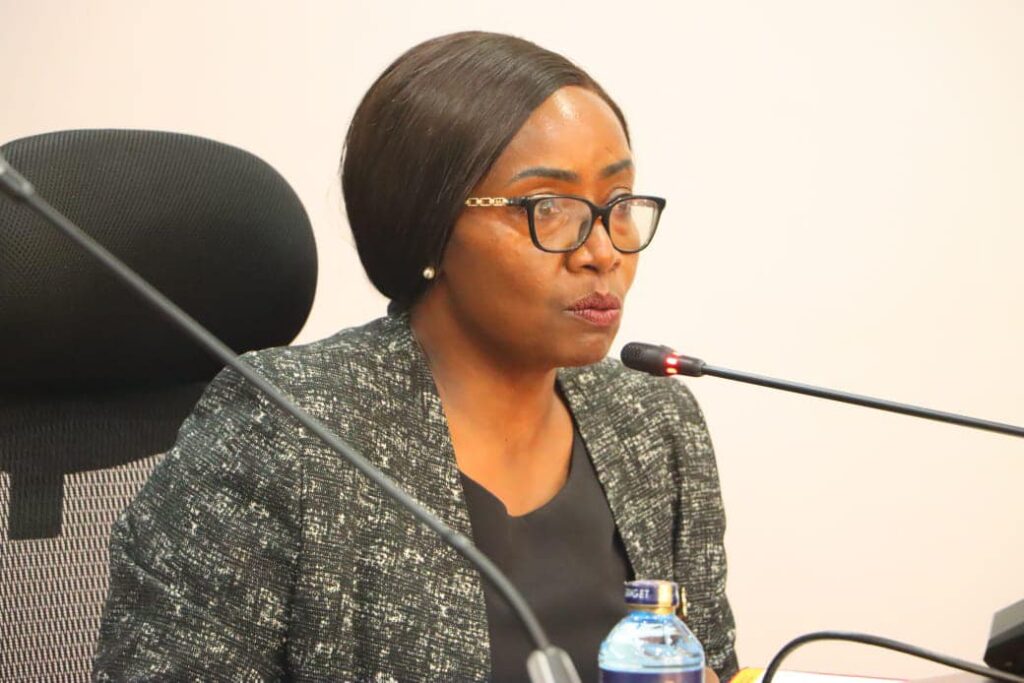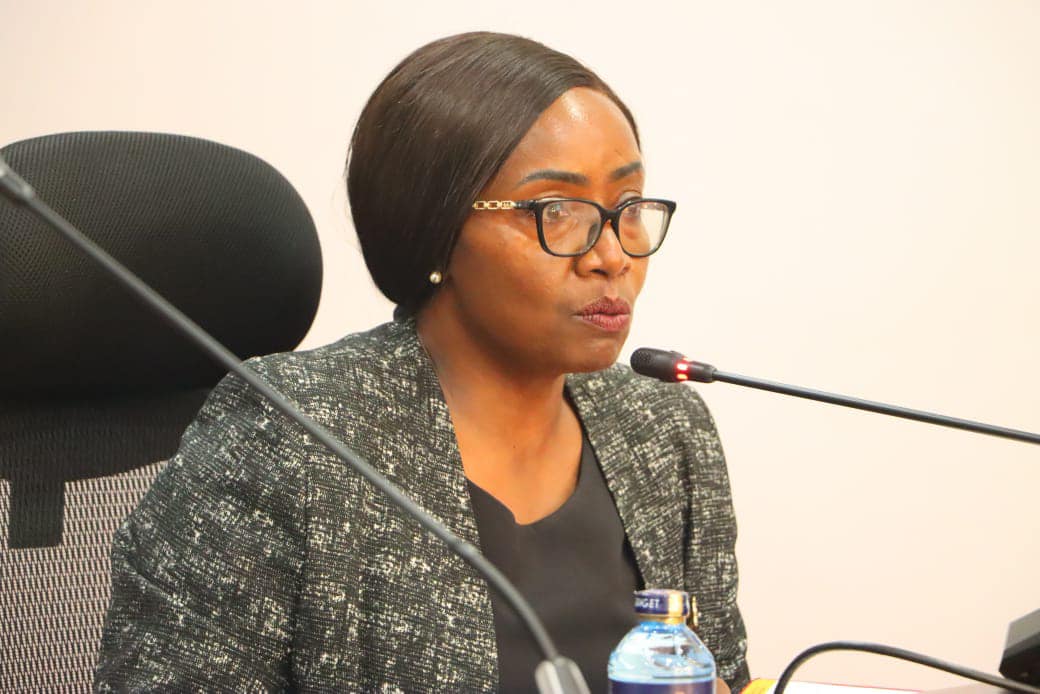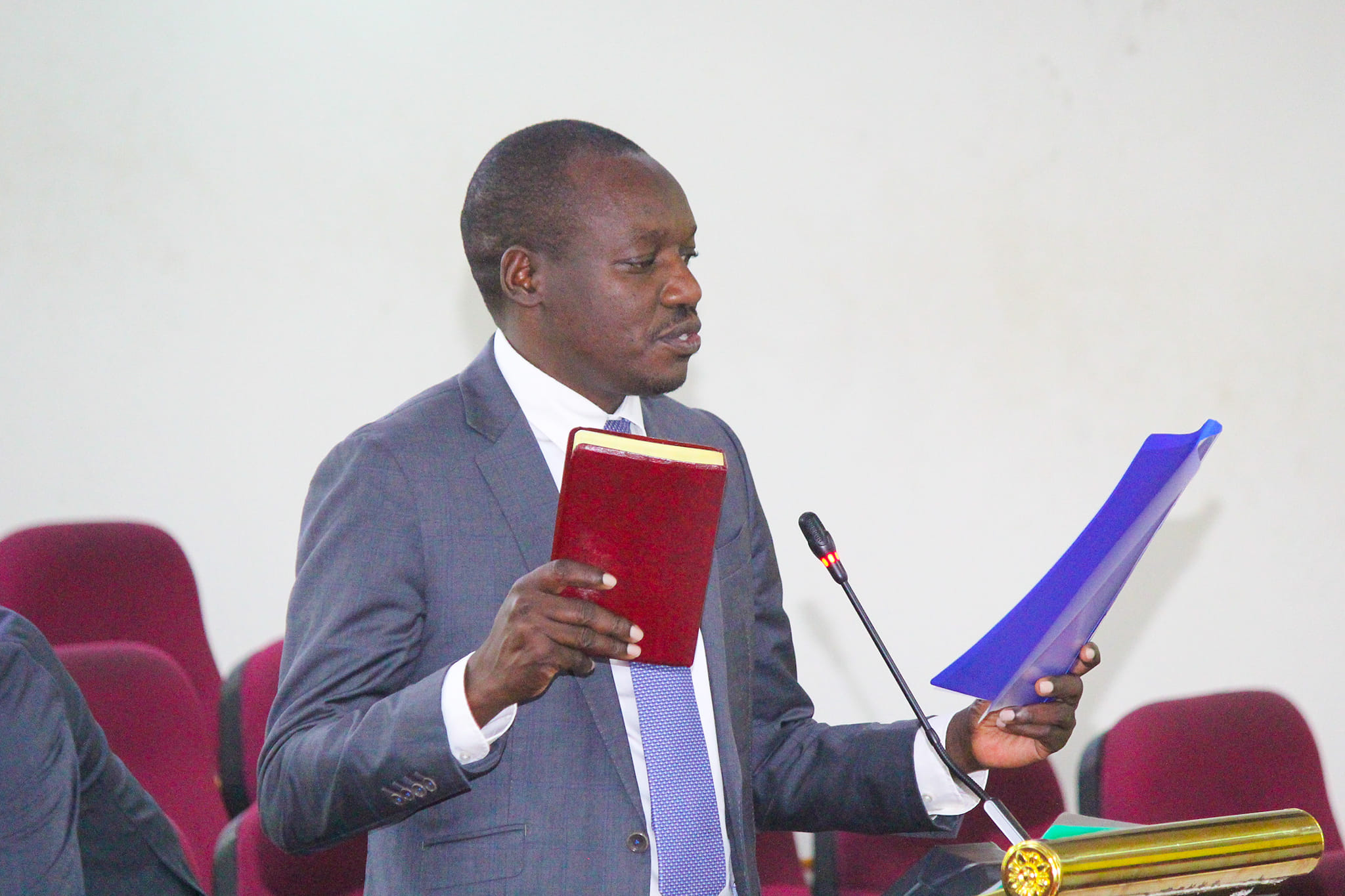
The National Assembly Committee on Cohesion and Equal Opportunities has assured state agencies of its commitment to providing legislative support to ensure compliance with the law mandating the reservation of 30 per cent of public procurement for special interest groups.
Committee Chairperson Adan Yussuf Haji stated that the Committee is ready to draft legislation to address the challenges preventing agencies from meeting this legal requirement.
“I urge state agencies facing difficulties in complying with the law—particularly regarding procurement opportunities for youth, women, and Persons Living With Disabilities (PLWDs)—to submit proposals to the Committee. These can inform legislation to address the obstacles,” said Haji.
The Mandera West MP warned that agencies failing to voice their concerns risk facing penalties under existing laws.
“If you remain silent, we will be forced to use the current legal framework to hold you accountable for non-compliance with constitutional requirements,” he said.
Hon. Haji made the remarks during a meeting with the Chief Executive Officer of the Rural Electrification and Renewable Energy Corporation (REREC), Dr. Rose Mkalama.
Dr. Mkalama briefed the Committee on the corporation’s efforts to comply with the law requiring the allocation of 30 percent of procurement opportunities to special interest groups.
She noted, however, that stringent procurement requirements continue to hinder meaningful participation by these groups.
“Highly technical and complex project requirements, as well as the need for substantial financial resources, often disqualify members of special interest groups from competing successfully for tenders,” she said.
Dr. Mkalama further observed that contracts awarded to these groups often suffer delays in delivery or fail to meet project timelines due to limited financial capacity and the inability to recruit experienced technical personnel.
The committee acknowledged that the challenges highlighted by REREC are common across many state agencies.
Members agreed that tailored legislation is necessary to address these systemic barriers.
Nakuru County MP Liza Chelule called on REREC to collaborate with Members of Parliament and organizations working with PLWDs to help identify eligible individuals and ensure they benefit from procurement opportunities.
“MPs have data on PLWDs in their constituencies, including their locations and capabilities. This information is crucial for agencies when awarding tenders and creating job opportunities,” she said.
Kisumu Central MP Dr. Joshua Oron emphasized the need for proactive engagement, saying state agencies should take the lead in assisting special interest groups to access and benefit from public procurement opportunities.



